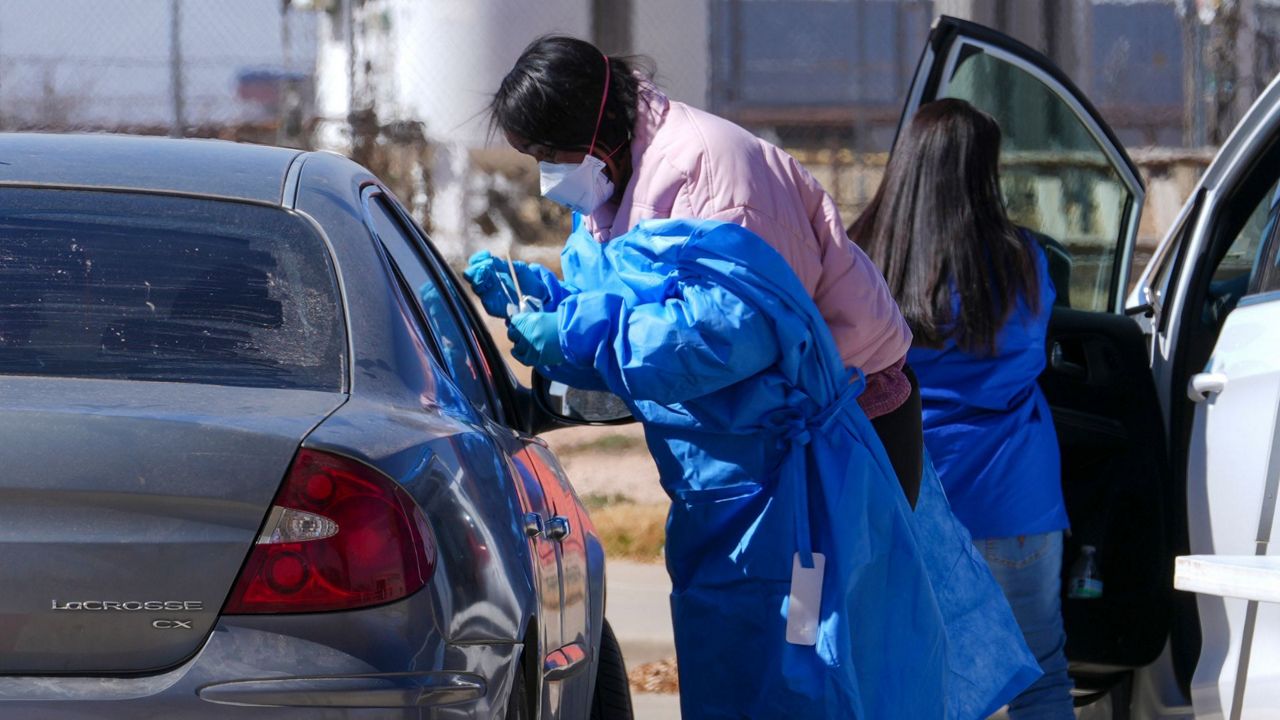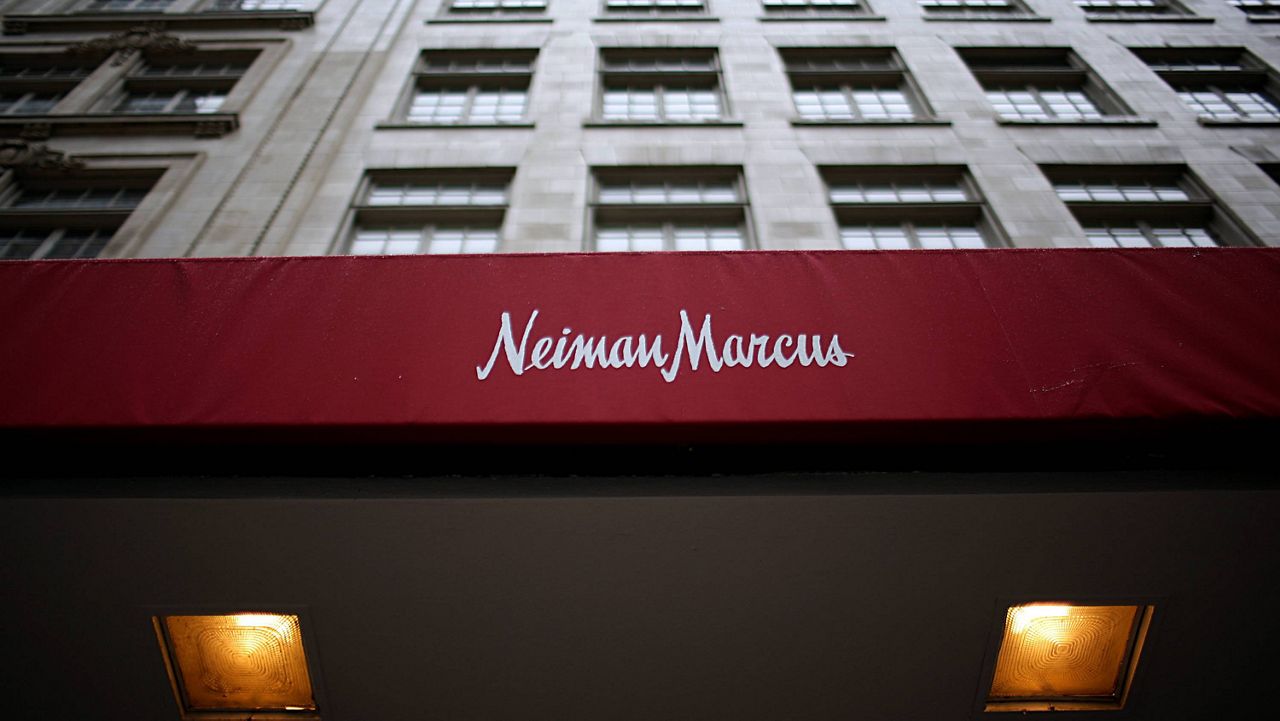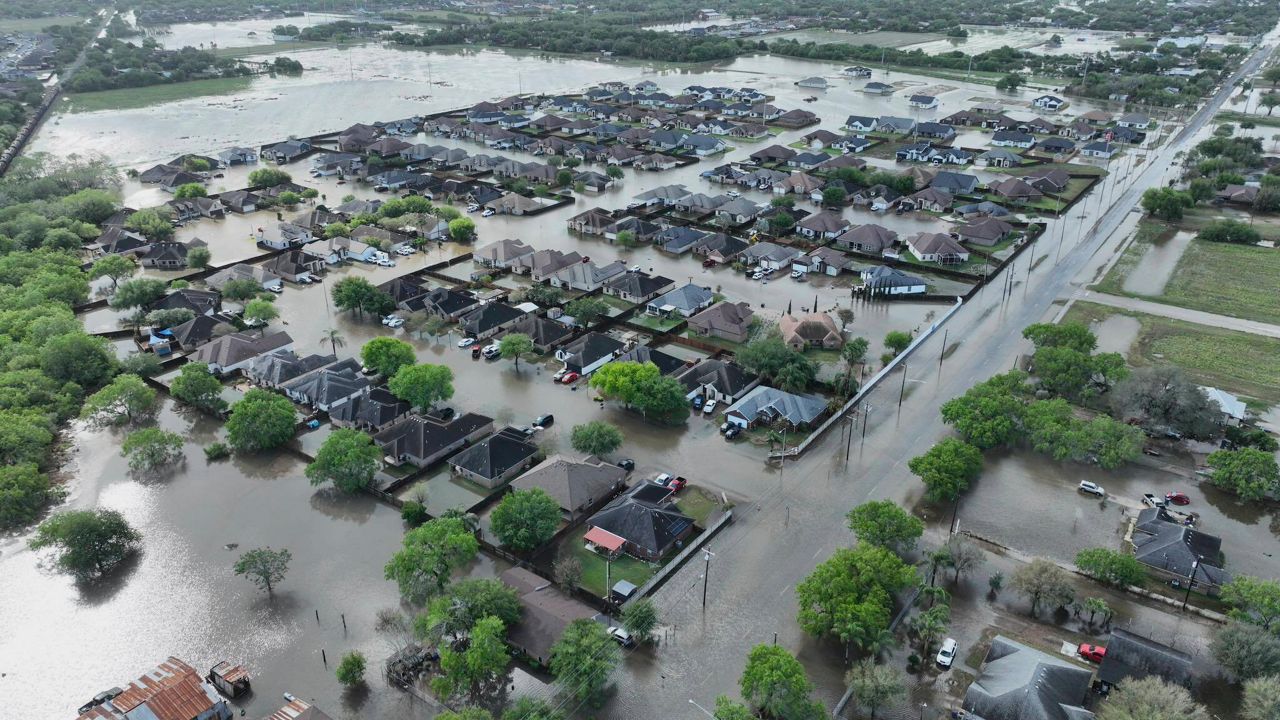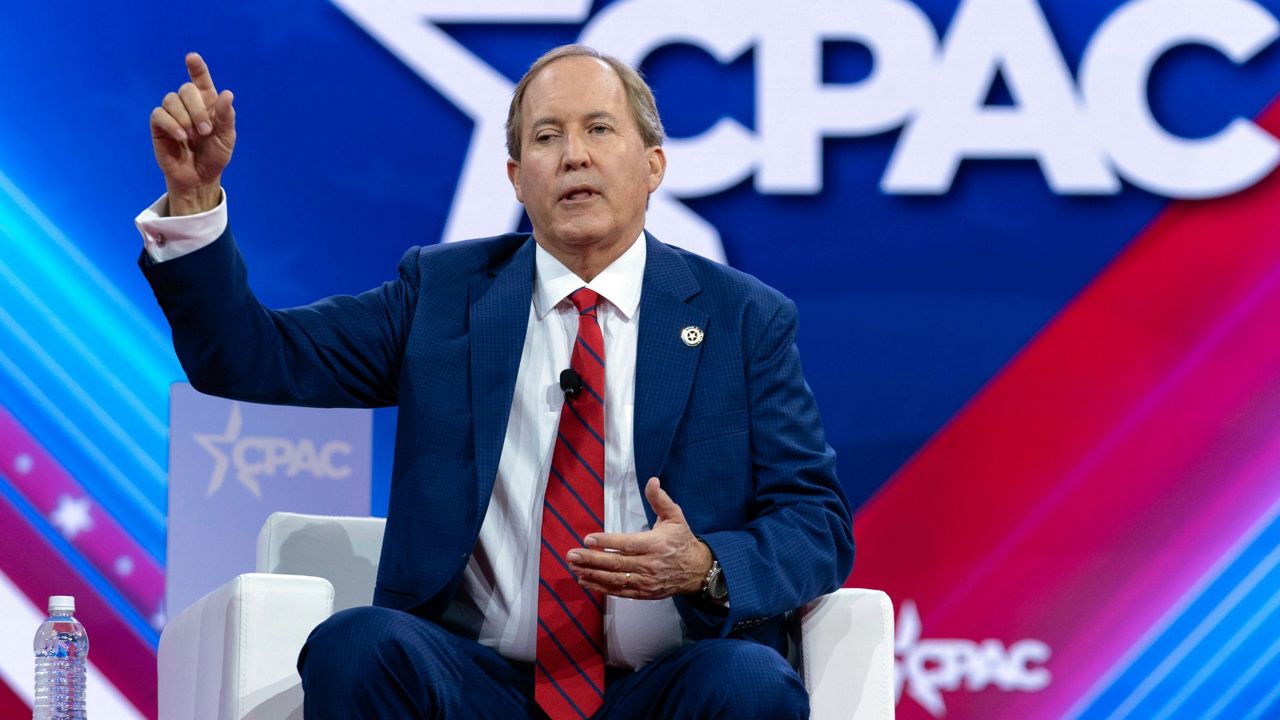FORT WORTH, Texas — Fort Worth’s Southside has the lowest life expectancy in the state of Texas by 15 years, according to a 2019 UT Southwestern study.
On average, the life expectancy for the city’s 76104 ZIP code is 62.8 compared to the state’s average 78.5.
According to Tarrant County Public Health, 63% of Fort Worth adults suffer from diet-related chronic disease, including diabetes, high blood pressure and obesity. In an effort to address some of those issues, Blue Zone Project focuses on changing local policy with an emphasis on healthful food.
“We know that most Americans don’t eat enough produce, and what you find — especially in underserved areas — is a lack of access, whether it be from affordability or even geographic access to food,” said Matt Dufrene, vice president of North Texas Healthy Communities/Blue Zones Project Fort Worth.
Southside Community Gardens constructed the first 50 garden beds in the 76104. Blue Zones Project helped fund and support the construction of the 10 new gardens in the zip code this month.
“When I first bought this property,” said Alma Escalante, a recipient of a home garden, “I envisioned having a garden.”
Escalante adds that there aren’t many options for fresh produce in the area, and the closest grocery store is more than a mile away.
According to the Tarrant Area Food Bank, 22% of Tarrant County households have no vehicle and live more than a mile from a grocery store or supermarket.
The gardens are filled with broccoli, cauliflower, kale, spinach, chard, cilantro and peas. Blue Zones Project worked with Southside Community Garden and pairs homeowners with an experienced gardener.
“We’re hoping to give the residents back the power to be able to grow fruits and vegetables in their own homes,” said Brenda Patton, program director of the Blue Zones Project and North Texas Healthy Communities.
In the year since the gardens were placed at homes, residents have told Paxton about the holistic well-being impact it has made.
Dufrene explains well-being encompasses the mental, physical, social and spiritual. The project has worked with the U.S. Department of Agriculture to approve unlimited double-up food bucks at Cowtown Farmers Market and other local grocery stores. In 2021, Blue Zone project began its Good For You Pantry initiative. It now has nine locations in the community where fresh produce and other healthful staples are available to residents at no cost.
In 2018, Fort Worth’s well-being index score rose from the 2014 report, from 58.8 to 62.5, and the city’s metropolitan statistical area ranking went from 185th in the nation to a tied score for 31st place.
“We saw a significant amount of improvement to well-being because of the consorted effort from us and many partners to work together to address health and health disparities across our community,” said Dufrene.
After Escalante saw and learned that her neighbor was one of the first homes to get a garden, she found out how to get her own. Now, she is looking forward to not only having fresh produce, but also to the impact it will have on her whole family.
“This a great way to motivate me to eat better, better living, work out more and just overall better health,” said Escalante.











